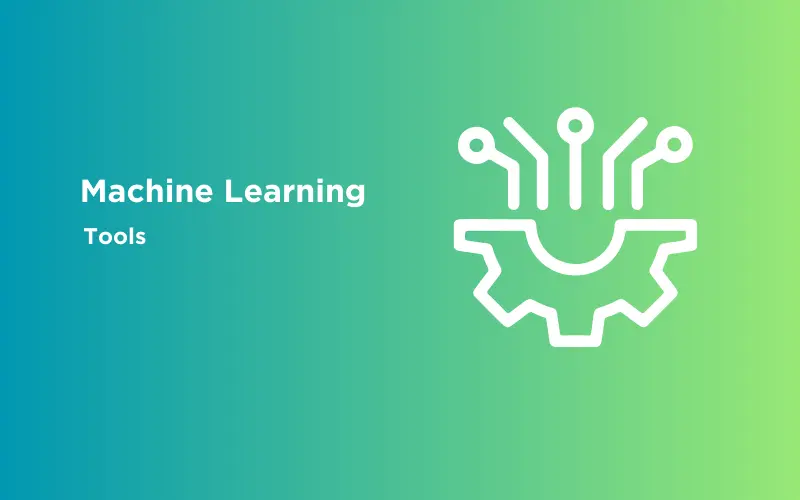
Top 7 Must-Know Machine Learning Tools
Mar 13, 2025 5 Min Read 4106 Views
(Last Updated)
There’s no way you’re a techie if you haven’t heard about machine learning yet, I mean it’s everywhere from Data Science to AI, that’s how vital of a role it plays in the future of all technology.
So obviously, the demand for individuals possessing ML skills continues to rise by a significant margin, in fact even as you’re reading this, this very minute almost 2,000 Machine Learning positions have opened in various organizations globally.
Well, I bet you can’t wait to start your career in ML, but before that, it is necessary to know about the various machine learning tools on the market that are just amazing and you must know them. So to make your life easier, we will explore some of the top machine learning tools in the market and their features in this extensive article.
Table of contents
- Machine Learning in a Box
- The Top 7 Machine Learning Tools
- Microsoft Azure Machine Learning
- IBM Watson
- Google TensorFlow
- Amazon Machine Learning
- OpenNN
- PyTorch
- Vertex AI
- What we've gathered...
- FAQs
- What are the 4 types of machine learning?
- What are the top machine learning algorithms?
- What is the future of machine learning?
Machine Learning in a Box

Before we get into all the technical bits about various machine learning tools, let’s take a small detour and revise what machine learning is.
Machine learning basically involves using algorithms and creating statistical models that enable computers to learn from data and make predictions or decisions without explicit programming. Man, every time I read and realize how far we’ve come in tech, it’s just like an epiphany in my brain.
So getting back to it, machine learning is a subset of AI that focuses on the development of self-learning systems and building self-sufficient solutions surrounding that.
Make sure you understand machine learning fundamentals like Python, SQL, deep learning, data cleaning, and cloud services before we explore them in the next section. You should consider joining GUVI’s Artificial Intelligence & Machine Learning Course, which covers tools like Pyspark API, Natural Language Processing, and many more and helps you get hands-on experience by building real-time projects.
Also, if you want to explore Artificial Intelligence and Machine Learning through a Self-paced course, try GUVI’s Artificial Intelligence Course.
The Top 7 Machine Learning Tools
1. Microsoft Azure Machine Learning
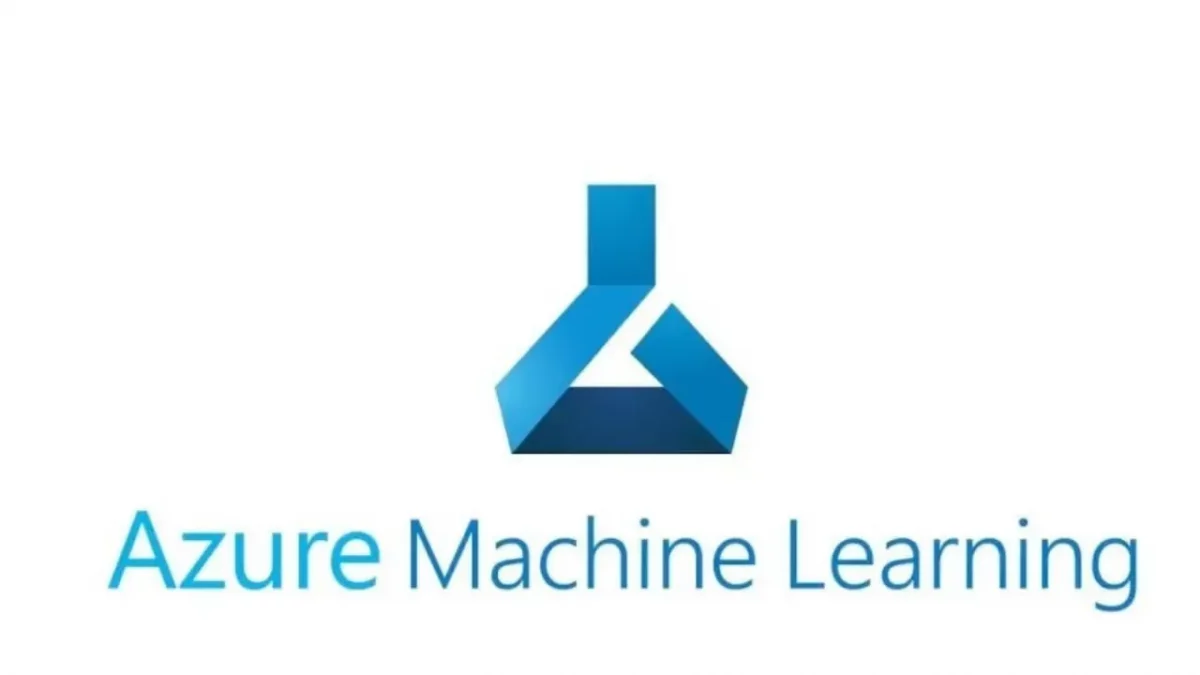
Microsoft Azure Machine Learning is a cloud-based platform that lets developers build, train, and deploy AI models with ease.
It is an amazing machine-learning tool that offers a wide range of functions and services to support all parts of a machine-learning workflow. Some of its key features include:
- Automated machine learning: The Azure Machine Learning tool provides automated machine learning capabilities, allowing you to easily build and deploy models without the need to code extensively.
- Collaboration and version control: It makes collaboration among team members extremely easy and efficient, facilitating quicker model development and deployment.
- Scalability and flexibility: This machine learning tool is capable of easily handling large datasets and can also scale up to meet the needs of big data projects.
- Integration with other Azure services: Using Azure, you can seamlessly integrate it with other Azure services, such as Azure Data Lake Storage and Azure Databricks, to streamline the machine learning workflow.
2. IBM Watson
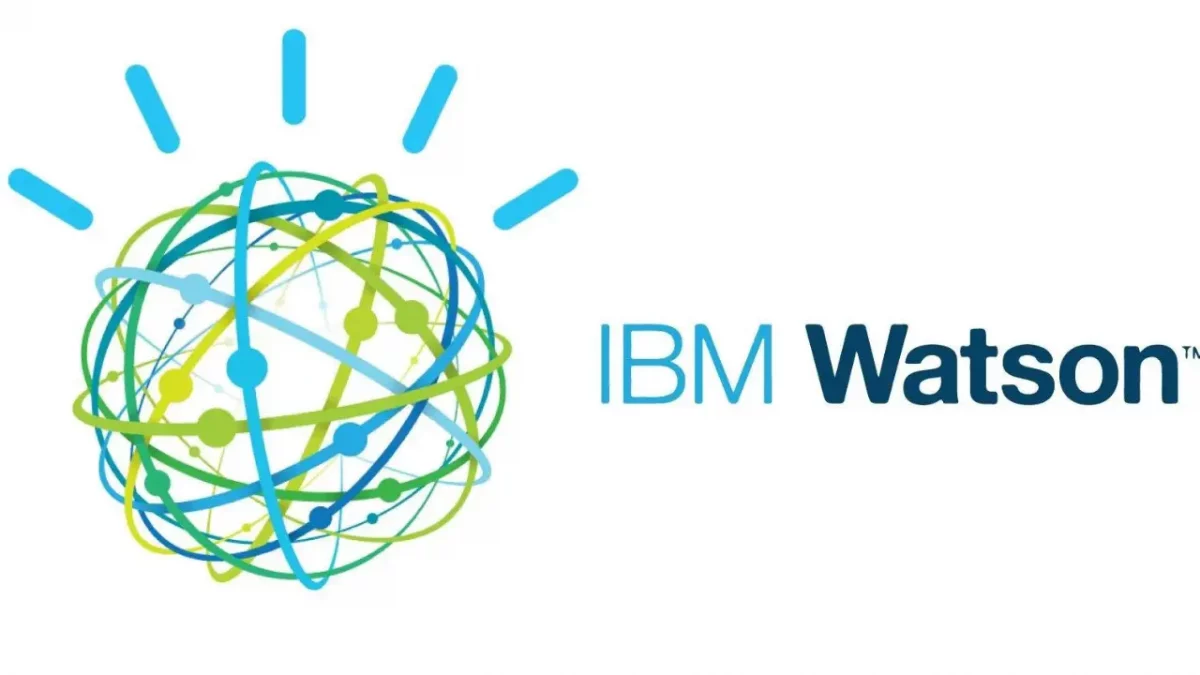
IBM Watson is a powerful machine learning tool offering a wide range of AI services. It allows developers to build and deploy machine learning as well as deep learning models. Let’s look at some of it’s key features:
- Training and scoring: With the Watson Machine Learning tool, users can both train and score models, enabling them to make predictions and derive insights from their data.
- API connectivity: It provides API connections, making it easier to integrate machine learning capabilities into applications.
- Natural Language Processing (NLP): This machine learning tool offers NLP capabilities too which is an absolute boon for developers as they can build applications that can not only understand but also analyze and generate human language.
- Model deployment and management: It simplifies the deployment and management part of machine learning models, making it easier to put models into production and maintain them.
3. Google TensorFlow

You’d truly have to be living under a rock if you haven’t heard of TensorFlow! This amazing machine learning tool has been developed by Google and is an open-source software library for dataflow programming. It is used for both research and production purposes and is extremely popular and widely used. Some of its key features include:
- Neural network visualization: TensorFlow offers a great visualization of neural networks, making it a popular choice among developers and ML engineers alike.
- Flexibility and extensibility: It is a great machine learning tool that provides a flexible and extensible platform for building and deploying machine learning models.
- Distributed computing: It also supports distributed computing, allowing users to train models on multiple machines or clusters, which is quite a lifesaver.
- Integration with other Google services: It seamlessly integrates with other Google services, such as Google Cloud Platform, making it easier to leverage additional resources and tools.
4. Amazon Machine Learning
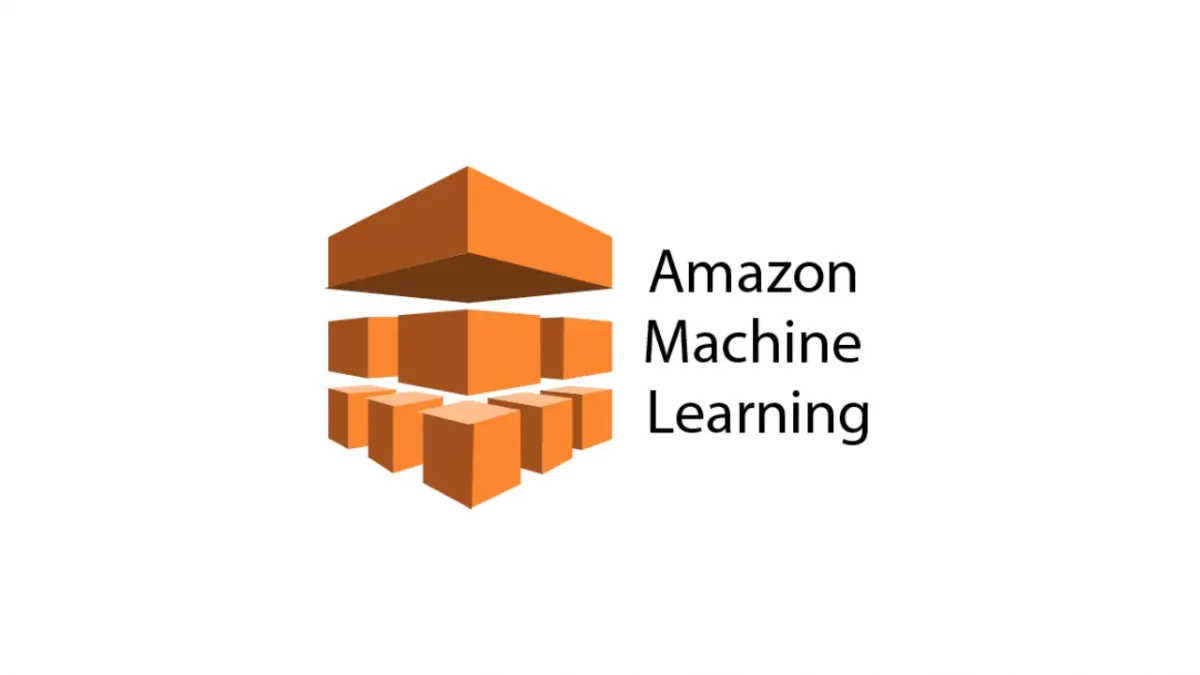
Amazon Machine Learning is a great machine learning service managed and provided by Amazon Web Services (AWS).
This machine-learning tool allows users to build machine-learning models and generate predictions. Let’s discuss some of it’s key features:
- Automatic data transformation: It simplifies the machine learning process as it can automatically transform the data into the required format.
- Integration with other AWS services: This Amazon Machine Learning tool integrates seamlessly with other AWS services, such as Amazon S3 and Amazon Redshift, making it super convenient to leverage their existing infrastructure.
- Easy deployment: It has a user-friendly interface for deploying machine learning models, making it accessible and appealing to users with different levels of expertise.
- Amazon SageMaker: In addition to Amazon Machine Learning, Amazon also offers Amazon SageMaker, a fully-managed platform that simplifies the development and deployment of machine learning models, and all of it together makes working just so much easier.
5. OpenNN
OpenNN is an open-source software library specifically designed for developing neural networks and is an incredible machine-learning tool.
It also plays a big part as a machine learning tool since it offers a wide range of features and customization options, making it suitable for both beginners and advanced users. Some of its notable features are:
- Support for various types of neural networks: OpenNN supports many different types of neural networks, including feedforward neural networks and recurrent neural networks.
- User-friendly interface: It comes with a user-friendly interface and a wide range of customization options, allowing users to tailor their models to their specific needs and draft world-class solutions.
- Cross-platform compatibility: OpenNN supports multiple operating systems and programming languages, making it accessible to users with different kinds of systems and not limiting them.
- High-performance implementation: It is optimized for both CPU and GPU architectures, ensuring a good computational speed at all times.
6. PyTorch
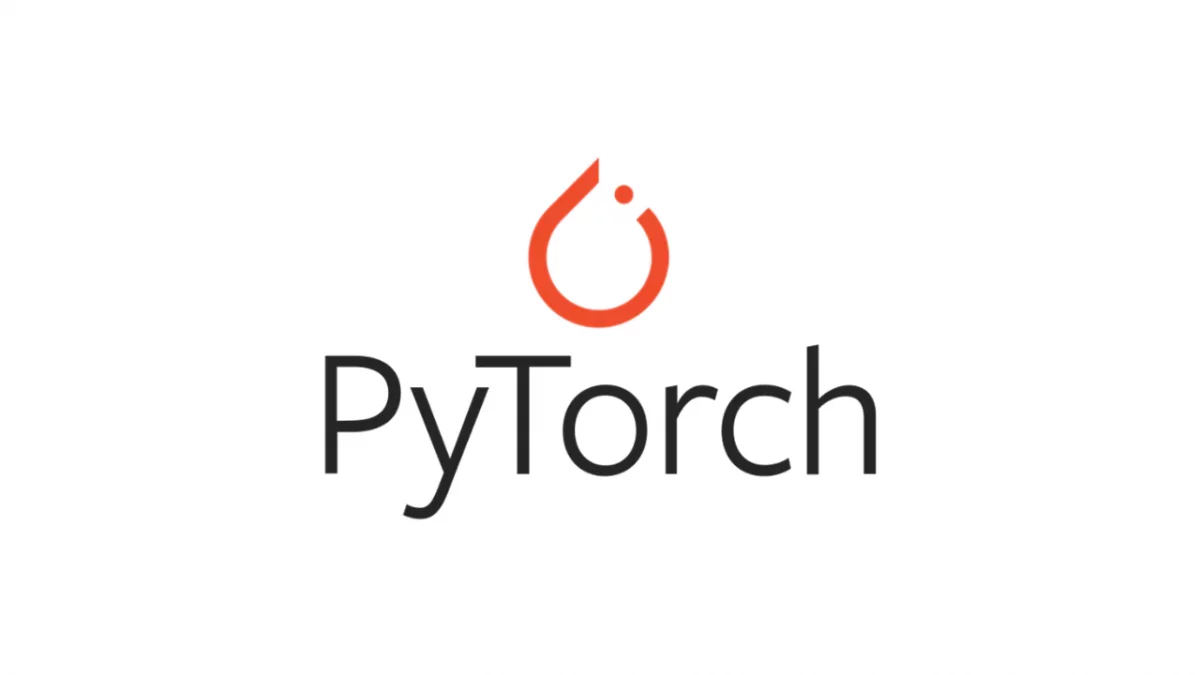
We’ve all read at least one job description that said PyTorch right? Well, it is pretty useful and very important especially in the data industry so no wonder.
PyTorch is an open-source machine learning library mostly used for deep learning tasks. It has been developed by Facebook’s artificial intelligence research group and is a great machine learning tool that offers a range of features some of which we discuss below:
- Dynamic computational graph system: PyTorch has a dynamic computational graph system that allows for easy model development and modification.
- GPU support: It provides sturdy support for tensor computation with GPUs, enabling faster and more efficient training of deep learning models, making your work a tad bit simpler.
- Extensive documentation: PyTorch offers extensive documentation and a large community of users, making it easier for users to get started and find support.
- Easy-to-use interface: It provides an intuitive and easy-to-use interface, simplifying the process of building and training machine learning models.
7. Vertex AI
Vertex AI is a very interesting cloud-based machine-learning platform developed by Google.
It offers multiple tools and services that simplify the development, deployment, and management bit of building machine-learning models. Let’s take a look at some of it’s key features:
- AutoML tools: Vertex AI provides AutoML tools for automated model selection and hyperparameter tuning, making it easier for users to build accurate and efficient models that drive real-world business solutions.
- Integration with other Google Cloud services: It can be seamlessly integrated with other Google Cloud services, such as BigQuery and Cloud Storage, for easy and smooth data management as well as deployment.
- Model monitoring and explainability: Vertex AI offers model monitoring and explainability tools, helping users ensure model fairness, reliability, and compliance.
- Support for popular machine learning frameworks: It supports popular frameworks like TensorFlow, PyTorch, and Scikit-learn, allowing users to leverage their preferred tools and libraries.
Kickstart your Machine Learning journey by enrolling in GUVI’s Artificial Intelligence & Machine Learning Course where you will master technologies like matplotlib, pandas, SQL, NLP, and deep learning, and build interesting real-life machine learning projects. Alternatively, if you want to explore Artificial Intelligence and Machine Learning through a Self-paced course, try GUVI’s Artificial Intelligence Course.
What we’ve gathered…
After a thorough discussion, I think we can agree that each of these tools offers unique features and capabilities, catering to different needs and preferences.
So, whether you’re a beginner or an experienced ML engineer, there is a great tool out there to help you build, train, and deploy machine learning models and one that you’ll love and rely on most.
By making use of these tools, you can truly master building ML models and drive innovation in your organization, giving you an edge over others but do remember to keep yourself up-to-date with the latest tools that pop out every other day.
Trust me when I say we’ve covered some of the most important machine learning tools but if you want to truly master ML, you must learn it efficiently step-by-step with the help of industry experts who’ve already done it. Let’s get you that dream career you’ve always wanted, good luck!
FAQs
The four main types of Machine learning are:
Supervised Learning: Trains on labeled data to make predictions or classify new data.
Unsupervised Learning: Extracts patterns and structures from unlabeled data.
Semi-supervised Learning: Combines labeled and unlabeled data for training.
Reinforcement Learning: Enables learning through interaction with an environment to maximize rewards.
Top ML algorithms include:
1) Linear Regression, 2)Logistic Regression, 3)Decision Trees, 4)Random Forest, 5)Support Vector Machines, 6)k-nearest Neighbors, 7)Naïve Bayes, 8)Neural Networks (Deep Learning), and 9)K-Means Clustering. These algorithms lay the foundation of many ML applications, from predictive modeling to image recognition.
The future of machine learning is a huge green light, meaning it promises immense growth both career and tech-wise. There will be many advancements in deep learning, making models more efficient and interpretable. The integration of AI into various industries will continue to grow, from healthcare to finance. Ethical considerations will play a crucial role in ensuring responsible AI deployment. As technology evolves, machine learning’s impact on society will be profound and transformative.















![10 Unique Keras Project Ideas [With Source Code] 8 Keras Project Ideas](https://www.guvi.in/blog/wp-content/uploads/2024/10/Feature-Image.png)
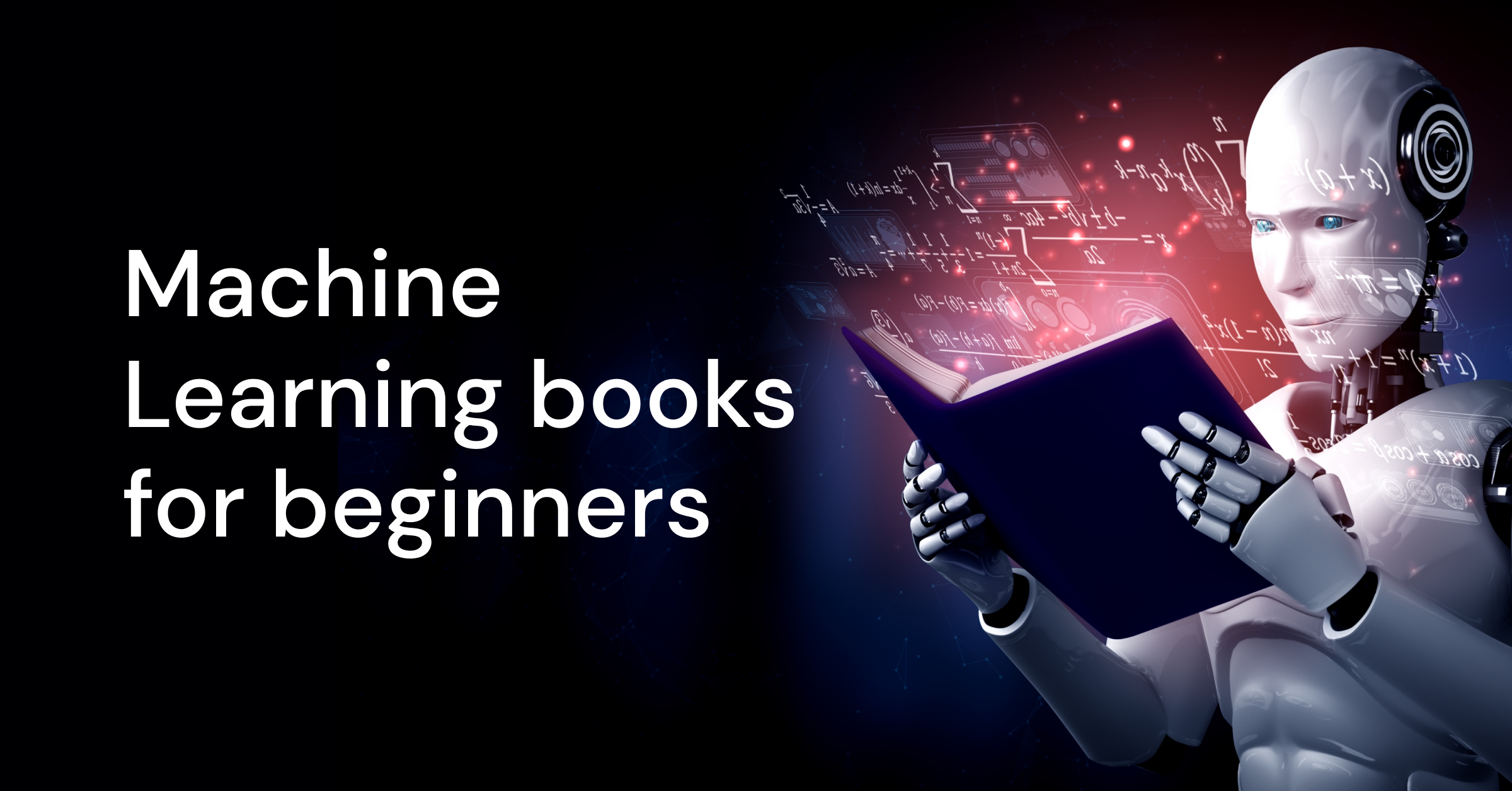
![AI Video Revolution: How the Internet is Forever Changed [2025] 10 Feature Image - AI Video Revolution How the Internet is Forever Changed](https://www.guvi.in/blog/wp-content/uploads/2024/03/Feature-4.webp)







Did you enjoy this article?